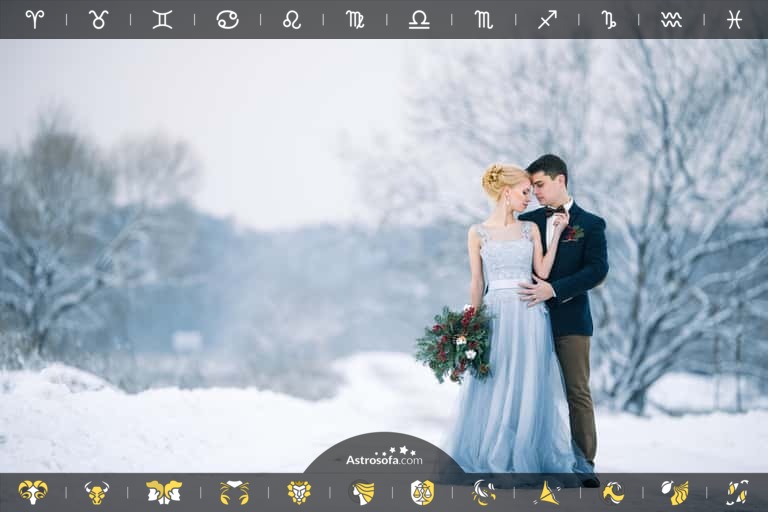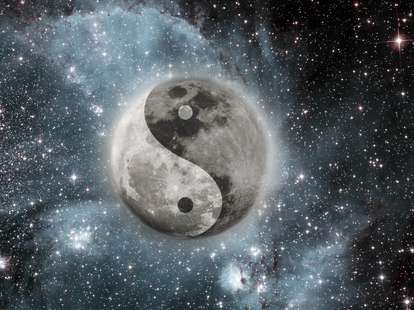
Birthday
Isaac Asimov
Isaac Asimov was born on 2 January 1920 in Petrovich, Russia, and is one of the most famous science fiction authors. He emigrated to the USA, where he became an author, biochemist, and professor of biochemistry. Asimov is best known for his works in science fiction, fantasy, and non-fiction. He is considered one of the most prolific and influential authors in science fiction and has received numerous awards for his works. Asimov died at the age of 72 on 6 April 1992.
Some of Isaac Asimov's most famous and important works are:
- The Robot Series : This series includes several novels and short stories in which Asimov presents his "Three Laws of Robotics" and explores the relationships between humans and robots in the future.
- The Foundation Trilogy : This three-part series is about a group of scientists who try to shape the future of human civilization by establishing a "foundation." The trilogy is considered a milestone of science fiction literature and has brought Asimov international fame.
Saint's day
Weather Proverb

Birthday: Capricorn
Chinese zodiac sign:
龍 Earth Dragon
12,905 days ago (35 years, 4 months, 1 day)
|
Daily aspects
|
|
Moon ⚹ Uranus |
|
Moon ⚹ Saturn |
|
Moon ⚹ Neptune |
|
Mercury → Aquarius |
|
Sun ⚹ Moon |
Daily aspects

This is a great time for going out with friends and having fun! You may change things up at home, with either how things are conducted, or by redecorating. You may bring new technology into the house, such as smart televions, laptops and security. This transit is perfect for creating memorable romantic dates that are out of the ordinary! It's also a good transit for any sort of business dealing with hi-tech and women, or feminine products.

This transit increases your sense of responsibility and organizational talent. You will be able to pursue your goals with care and deliberation. It's a good time to get together with women in groups, and discuss important issues.

During this transit, time should be taken out to visit any relatives, or friends, that are currently in hospital, old age homes, or institutions. You will feel very charitable, and should spend time volunteering at animal shelters, and giving your time at soup kitchens. You will feel very close to your female friends, and may even be attracted to them. It is a perfect time for creative expression. Spending time on the beach will bring a lot of joy and relaxation, especially meditating there at sunrise.
If Mercury stands in Aquarius, we may be given originality, intuition, and vast knowledge of human nature. Or instead, we will be thinking too abstractly. Independence is particularly important now. We are more friendly and interested in art.

Your energy will feel slightly passive today, and you will be able to think rationally acting with your head, instead of just your emotions. You will treat your fellow human beings as equals. Employer and employee relationships will run smoothly. You feel at home everywhere during this time. Relatives and friends are helpful, so you should turn to them, but quickly because, unfortunately, this aspect does not last long.
Current timezone: Europe/Dublin (UTC +01:00). change timezone
Calendar
Please choose a day:


